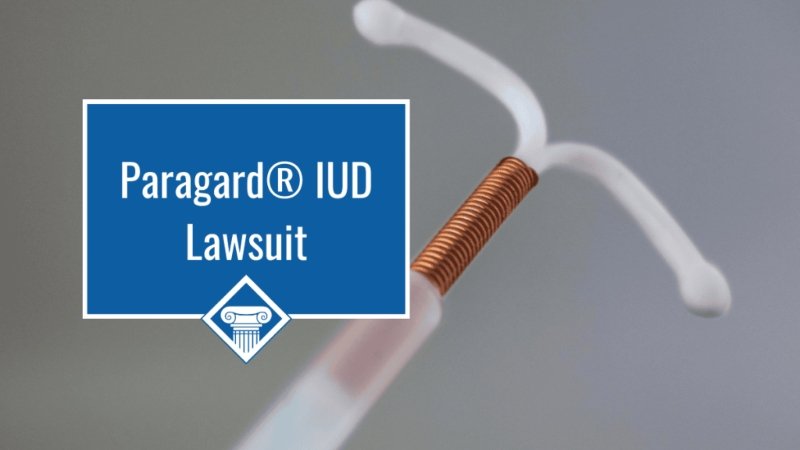When you’re dealing with the aftermath of an accident or injury, navigating the legal landscape of personal injury claims can be a daunting task, especially in a bustling […]
Building a Strong Business Presence: Resources for Lasting Growth
Understanding Today’s Competitive Business Landscape In an ever-evolving worldwide economic system, groups have to adapt speedy to marketplace demands. Companies today face stiff opposition, changing client conduct, and […]
How to Choose the Best Local Wellness Store for Your Health Needs
Explore the Importance of Local Wellness Stores Finding a dependable well-being care center nearby can substantially improve your way of life. Whether you are looking for vitamins, herbal […]
From Drab to Fab: How to Successfully Flip an Older Home
Transforming an older home into a real estate treasure can be an exciting, profitable endeavor for those with vision and patience. However, a successful flip entails much more […]
Temporary Tattoo Pens: Safe and Fun to Use
Temporary tattoos have become a popular way to express creativity without the lifelong commitment of permanent ink. Among the many options available, colorful temporary tattoo pens stand out […]
How to Run a Smooth and Successful Food Shop: The Essential Resources You Need
Running a meal shop may be a deeply worthwhile joy—but let’s no longer sugarcoat it—it’s also a project. Whether you’re strolling into a deli, a sandwich bar, or […]
Choosing Wisely: Why a Quality Criminal Defense Attorney Can Change the Outcome of Your Case
A competent legal representative can mean the difference between a verdict of innocence or guilt, a fair plea bargain, or an unjust sentence. In the intricate realm of […]
Mastering Eloquent Joins in Laravel: A Comprehensive Guide
Laravel Eloquent provides an active record implementation that makes it easy to interact with your database. By leveraging Eloquent ORM (Object-Relational Mapping), developers can focus on their application’s […]
Benefits of Using Paragard: A Drug-Free Contraceptive Option
In an age where health consciousness is paramount, women are increasingly seeking contraceptive options that align with a drug-free lifestyle. Paragard, a non-hormonal intrauterine device (IUD), offers just […]
New Arrivals: Latest Tees and Hoodies from nerdywave
Streetwear meets geek culture in nerdywave’s latest release: the New Arrivals: Tees and Hoodies collection. Perfect for layering with a nerdy t-shirt or pairing with vintage gaming washed […]









